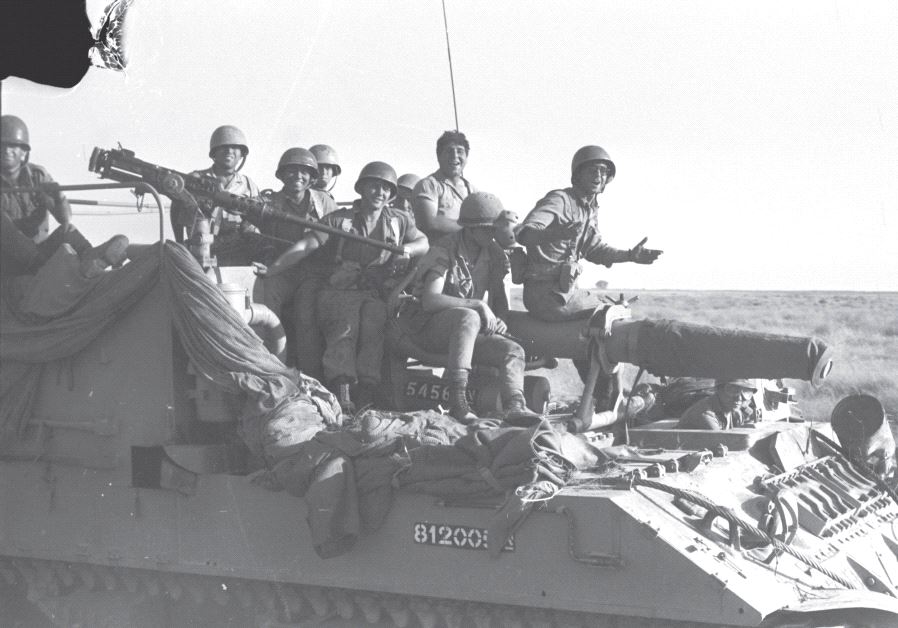Grumpy Old Man: Israel, 50 years on
What I once saw as a heroic, plucky little country is now bogged down by indecision and division, much of it over the fruits of a certain war.
 Israeli troops near Rafah during the Six Day War(photo credit: DAVID RUBINGER,GPO)
Israeli troops near Rafah during the Six Day War(photo credit: DAVID RUBINGER,GPO)